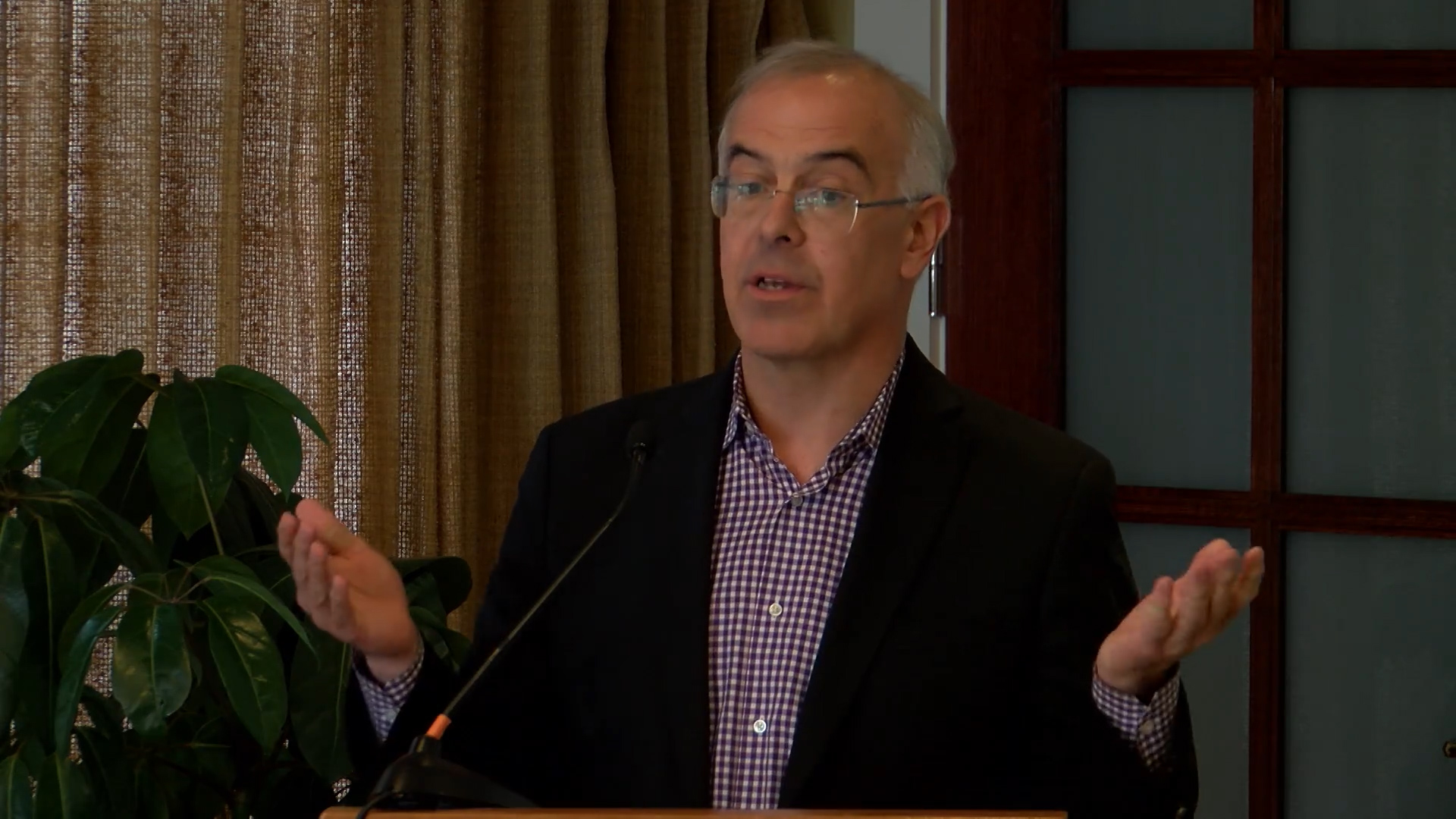Riley Benner, a sophomore at College of the Holy Cross, was inspired by a panel discussion on challenges facing refugees to be part of the solution. With the help of several funding streams, he’s restarting Phoenix Haberdashery, employing refugees who make handmade reversible ties.
The Catholic Courier interviewed Benner to learn more about Phoenix Haberdashery and his motivation for starting the venture.
While adjusting to life as a freshman at Holy Cross, Benner attended a panel discussion that reminded him of the countless adversities faced by refugees. “The stories that I heard reminded me that when we picture refugees, we falsely imagine a mass of people hoping to hoard into our country and disturb our system,” he said.
The panel also demonstrated that the current refugee crisis was not something only playing out across the ocean or in distant lands. In fact, Worcester, Massachusetts, where Holy Cross is located, is the new home for many refugees and their families.
Undergraduates are provided plenty of time to think about such problems, but Benner was driven to do something further. He was driven to act.
Also, he was uniquely positioned to help in that he had owned and operated Phoenix Haberdashery during high school. Then, and now, the business employed refugees to manufacture reversible ties for sale. Upon entering college, he had assumed that he would be too busy with his studies to also handle the business. He had closed it down with regret.
Benner raised startup capitol through an entrepreneurship program at Holy Cross and Kickstarter to get the business back off the ground. As of mid-December 2017 he had acquired the funds necessary to begin hiring.
As rosy as the story has been thus far, it is worth remembering that the work hasn’t been easy. Benner says he has been burning the candle at both ends to meet his responsibilities at school and at work. It is clear that this college student is equipped with both a clear vision to orient his life and also the discipline to see this vision through.
In an age when simply clicking “Like” on a post about a social problems can be seen as enough, Benner is a reminder of the true nature of compassion. Though we can’t solve problems like the refugee crisis ourselves, “we still have a duty to help,” he says.
Benner exhibits what Institute for Advanced Studies in Culture founder James Davison Hunter calls moral attachment in The Tragedy of Moral Education in America. It’s a strong “yes” that “reflects the affirmation of our commitments to a larger community, the embrace of an ideal that attracts us, draws us, animates us, inspires us.” Benner also demonstrates what Hunter calls moral autonomy—doing good without anyone telling him to do it. Benner isn’t doing this for community service hours, or for a class project. He’s putting in the hours late at night because of his commitment to do what is in his power to empower refugees in his community.
Benner’s ties are available at Phoenix Haberdashery, and each one ships with the story of the seamstress who made it.
Resources from the Jubilee Centre can help students develop moral attachment and moral autonomy through practicing care for others in their communities.


